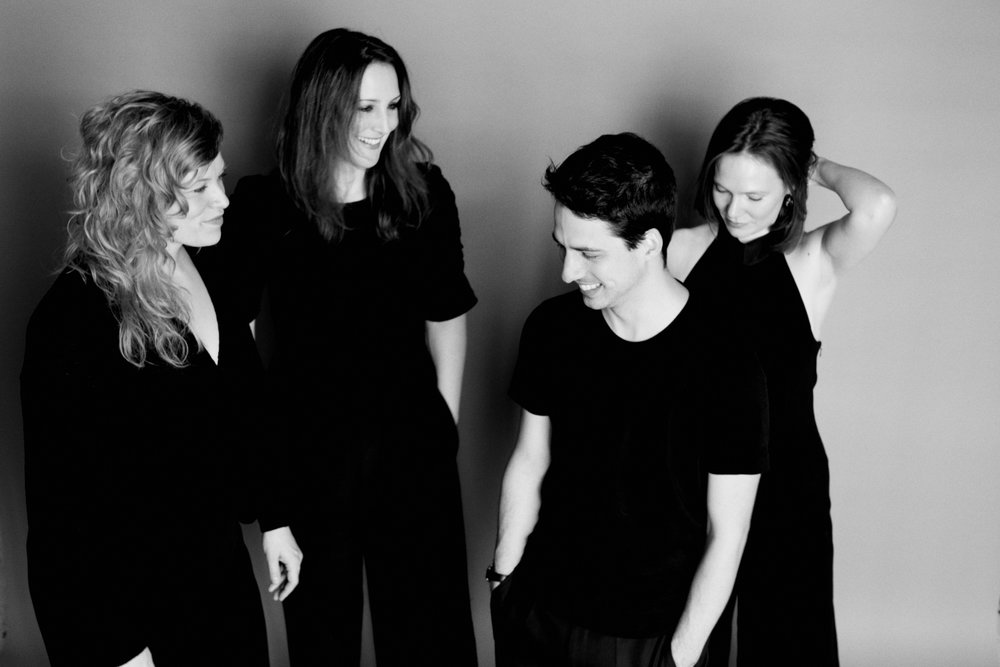
Albion Quartet, British Music Society of York, Sir Jack Lyons Concert Hall, University of York, January 13
ALTHOUGH only in existence for six years, the Albion Quartet has already visited York and North Yorkshire at least four times. Once a slightly cautious, even nervy, group they have matured considerably over that period.
Their appearance here for the British Music Society was ample proof of their progress, with string quartets by Haydn and Dvorak framing a shining piece by Freya Waley-Cohen written only four years ago.
Starting with Haydn is not the piece of cake it may seem. Ensemble needs to be neat and phrasing exact. You cannot get away with anything, the way you might perhaps in a modern, more diffuse work.
His Op 33 No 5 in G has a stop-start scherzo that demands the utmost concentration from the players for its humour to succeed. The Albions were more than up for it: they despatched it with supreme confidence.
They had settled straight into the groove in the opening Vivace and there was a satisfying zest about the closing theme and variations. Only in the slow movement might the leader, Tamsin Waley-Cohen, have been a little less edgy in her cantabile.
Her younger sister Freya’s Dust was written in 2019 after the premature death of Oliver Knussen, who had been her composition teacher. But its three movements are far from merely elegiac. The first, ‘Charlotte’, sounded like fragments of Haydn heard from a distance, stuttering at first but settling into a strong momentum, with the main action in the first violin.
‘Serpent’ was more like a scherzo. Again, its brio brought Haydn to mind, with frenetic, rhythmically exciting activity, first in the upper three voices, then in the lower three. There was anger, too, in its splenetic accents, which finally dissipated and slowed to a halt.
If there was a lament, it came in ‘Dust’, the final movement, which was reflective, lingering nostalgically, with two brief violin cadenzas before the tessitura rose inexorably, spidery at first before disintegrating into the ether. Dust is constantly intriguing and deserves to enter the repertoire permanently.
Dvorak’s first completed work on returning to Bohemia in 1895 after three years in America was his G major string quartet, Op 106. The grateful aromas of his homeland are unmistakeable here. The Albion pointed the contrast nicely between the effervescent opening and its calmer second theme.
The acceleration out of the development section was keenly observed, with Bohemian melodies presaging the sheer excitement of the coda. The slow movement was imbued with serenity, which held good despite the tug-of-war with darker colours at its midst. After a taut scherzo, with its smoother trio, the finale was notable for the way the voices tossed around its main four-note motif.
The finale of Dvorak’s ‘American’ quartet made a lively – and generous – encore. The Albion’s new self-confidence now allows its intelligence to shine through. Its return to Ryedale in the summer festival is an exciting prospect.
Review by Martin Dreyer


